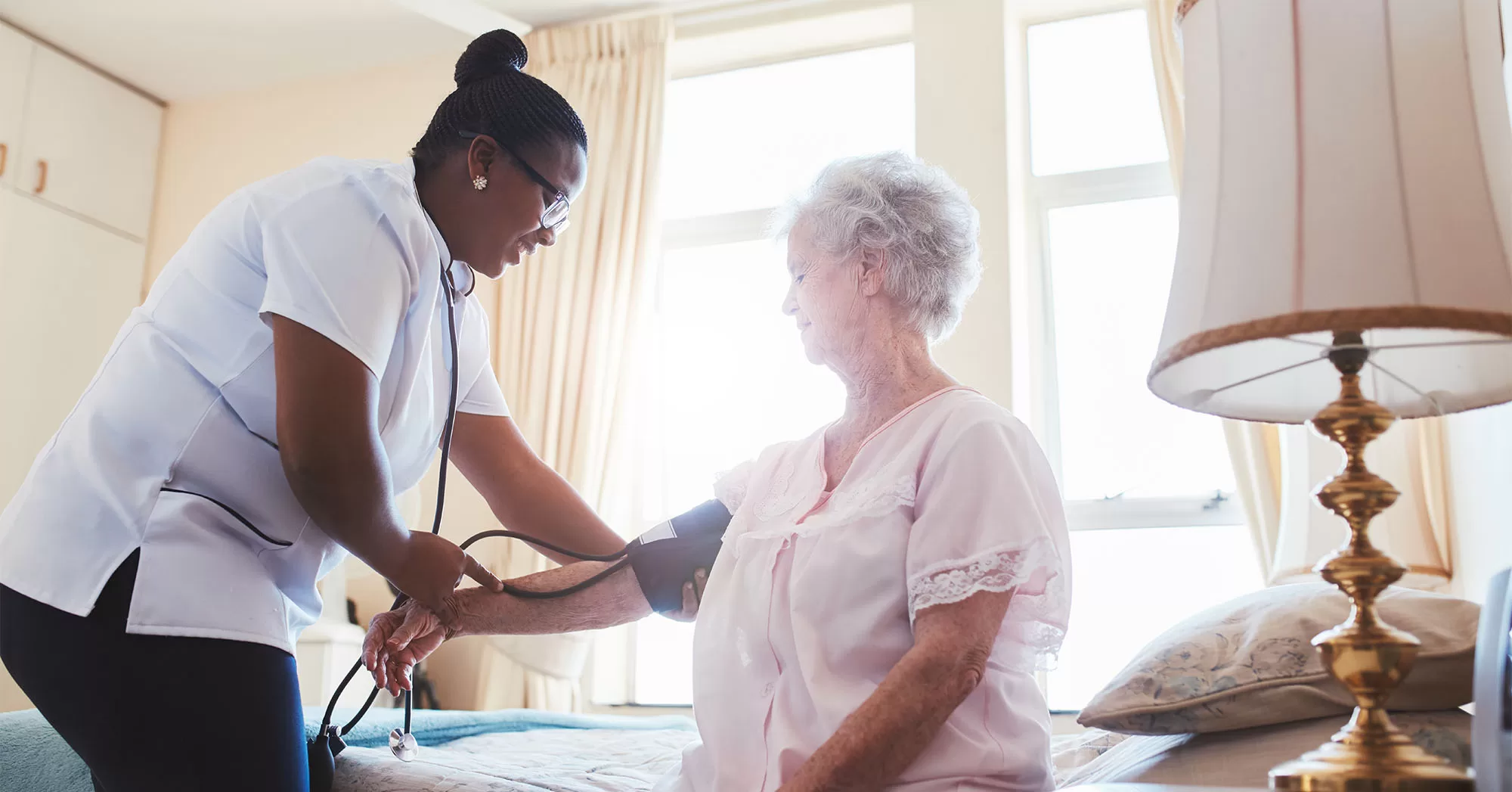New York City is being hit hard by norovirus, also known as the winter vomiting bug. Emergency room visits for vomiting and diarrhea are up 50% since December according to the City’s Department of Health and Mental Hygiene. What does this mean for you? Below we break down the main causes and symptoms of norovirus. We also discuss how to prevent yourself from getting sick and what to do if you do fall ill.
What are the main signs and symptoms of norovirus?
Norovirus is a virus that causes inflammation of the stomach and intestines. It can be very uncomfortable and lead to severe dehydration if it’s not treated properly. Norovirus symptoms include:
- nausea
- vomiting
- stomach cramps
- chills
- body aches
- diarrhea
- fever
Symptoms usually begin within 12-24 hours of exposure and can last up to two days after exposure. The virus is highly contagious; it spreads through fecal-oral contact – when a person comes into contact with another person’s vomit or feces.
Common ways that people contract norovirus are from:
- touching contaminated surfaces and then putting your fingers in your mouth
- eating or drinking food that has been contaminated with the feces of an infected person
- sharing eating utensils or glasses with someone who is sick
- changing a diaper for a sick person
Who is particularly at risk for norovirus?
Anyone can get it; however children and the elderly are more susceptible. The virus also spreads easily in places where there are a lot of people in close quarters, like cruise ships and nursing homes.
How can I avoid getting norovirus?
- Wash your hands often with soap and water for at least 20 seconds. This is one of the best ways to ensure that germs that cause norovirus don’t make their way into your system and get you sick.
- Keep surfaces like countertops, tables and doorknobs clean by using an all-purpose cleaner (one with bleach) at least once a day.
What to do if you come down with norovirus?
- Avoid touching your mouth, nose or eyes if you are sick.
- Clean up any vomit or feces immediately; throw away anything that could be contaminated.
- Avoid preparing food if you are sick.
- Stay home from work and/or school for at least 2 days after your symptoms end.
What are the challenges for scientists tracking norovirus?
When it comes to tracking norovirus, there are several challenges.
First, the virus itself is hard to detect because it doesn’t affect the human body in a way that can be easily measured.
Second, unlike some other viruses that can cause disease outbreaks, norovirus has no vaccine or treatment options available yet. Because norovirus is so common and widespread, it’s difficult to determine which strain caused an outbreak and how it spread.
Finally, because other states don’t track and measure norovirus the same way New York does, it can be hard to detect when an outbreak is coming. The Centers for Disease Control (CDC) estimates that for every case of norovirus reported to them there are actually 10 more cases that are not reported. This means that there could be tens of thousands of people sick with norovirus in NYC at this time. Still, epidemiologists and other public health professionals are hard at work educating the public about how to detect and prevent norovirus.
Notorious Norovirus:
Norovirus is best known for causing outbreaks of acute gastroenteritis, which is a fancy way of saying “stomach flu.” You may have heard stories about entire cruise ships coming down with norovirus or guests at hotels getting sick with “food poisoning.” These stories are all true, and they’re just the beginning of a long list of norovirus outbreaks. The virus has been known to infect entire schools, workplaces and even food service employees at their jobs. In fact, if you think back to your last bout with stomach cramps, nausea and diarrhea (or vomiting), it’s likely that you had norovirus.
While norovirus can be nasty, there are several small but powerful things you can do to help protect yourself against getting sick. First and foremost, wash your hands often, especially after touching surfaces like subway grab bars or public bathroom door handles. If you do get sick and have uncontrollable vomiting and/or diarrhea for longer than a day, contact your doctor or the nearest urgent care. Last, if you do get sick, focus on staying hydrated, since severe dehydration caused by vomiting and diarrhea can cause a case of norovirus to become a health emergency.
Stay healthy out there, New York!









